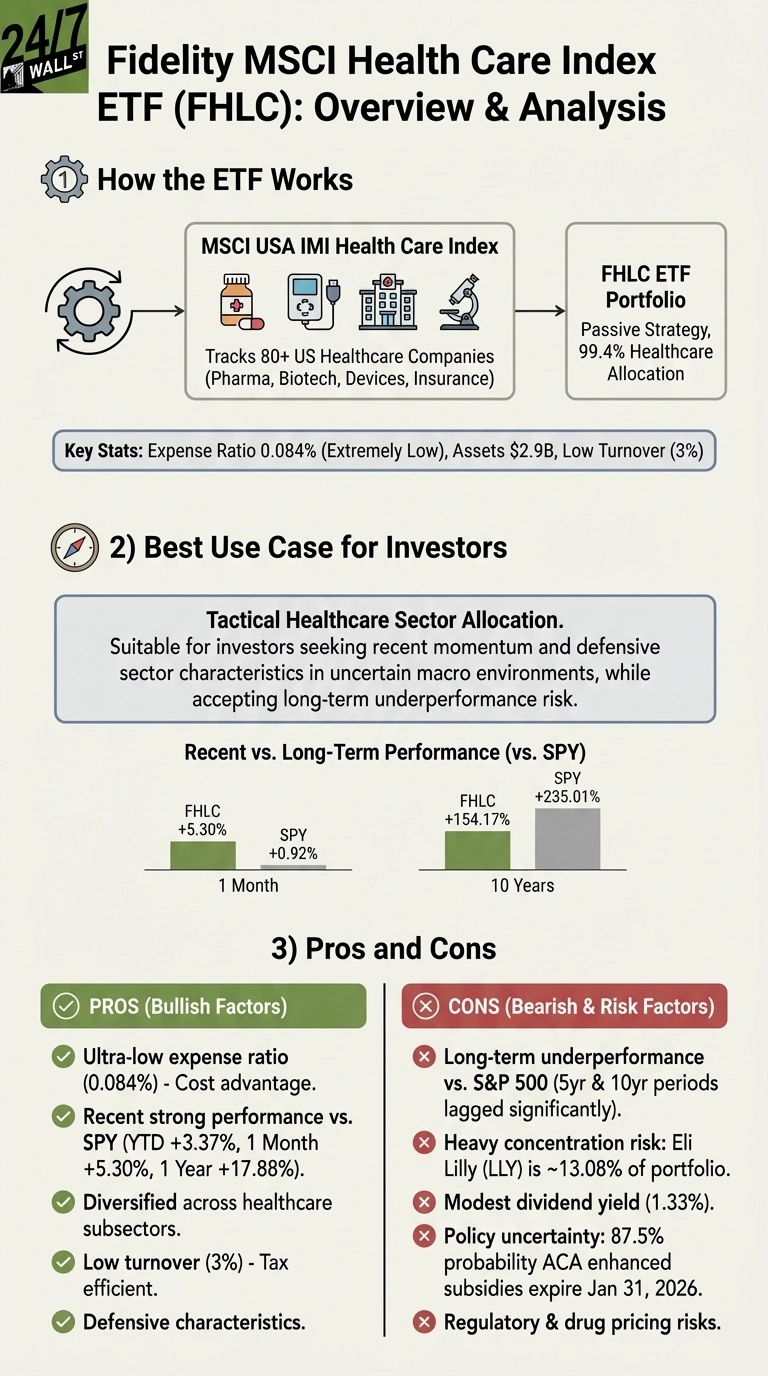House Republicans have entered a prolonged government shutdown, raising significant concerns about the impact on health care access and affordability. As of March 15, 2024, the open enrollment period for health insurance under the Affordable Care Act (ACA) has started, coinciding with alarming increases in premium rates for many Floridians. Renewal rates are reportedly doubling or even tripling, placing a heavier burden on families already struggling with rising living costs.
Rep. Maxwell Alejandro Frost of Florida criticized the current situation, stating that congressional inaction is exacerbating the challenges faced by constituents. The expiration of critical tax credits at the end of the year threatens to undermine the financial stability of many families relying on ACA coverage.
Frost emphasized the urgency of extending these tax credits, framing the issue as not just economic but moral. “This is about our neighbors, our parents, our friends, our kids — and their right to live with dignity,” he stated. He has been collecting personal stories from constituents to highlight the real-world impact of rising health care costs.
Among those sharing their experiences is Julia S., a teacher who works two jobs. She expressed her frustration, saying, “I cannot afford to see the doctor because of the high insurance cost. If I go to work, I infect immunocompromised students. If I stay home, I won’t make enough money to pay for my insurance.” Her struggle illustrates the difficult choices many families face in the current climate.
Another constituent, Phillip B., a full-time student and veteran, shared the precariousness of his situation: “Even one extreme payment could make me homeless and completely change the trajectory of my life.” His statement underscores the potential consequences of policy decisions on vulnerable populations.
Families are particularly worried about the repercussions of losing ACA support. Rachel R., a mother of two daughters with ongoing health challenges, noted that their access to essential medications depends on the affordability of their ACA plan. “Our family’s well-being hinges on your commitment to protecting these crucial health care provisions,” she said.
The situation is dire for those facing severe health issues. Corrina B., dealing with a stage four breast cancer diagnosis, highlighted the stakes involved: “Without the tax credits in the ACA, we will not be able to afford our insurance and have access to life-saving medicine.” Such statements reveal the critical link between health care policy and survival for many Americans.
The financial burden of health care is further illustrated by William K., whose wife battles multiple chronic illnesses. He remarked that tax credits have been essential in ensuring she receives necessary treatments. The absence of these credits would leave them unable to afford adequate care.
Meanwhile, Marylin M. expressed fear for her daughters, who require expensive injections for Crohn’s disease. “If they go away, my daughters will not be able to get the expensive injections they require to have a somewhat normal life,” she explained. The financial implications for families could be catastrophic, especially for those already facing significant health challenges.
As the shutdown continues, the repercussions on health care affordability are becoming increasingly apparent. Lauren D. warned that the expiration of subsidies would force many, including small business owners and their employees, to forgo necessary health coverage: “If I can’t afford insurance through the Marketplace, then I can’t afford my medication.”
The situation affects many individuals requiring ongoing medical care, such as Catherine N., who relies on daily medication and regular tests to manage her thyroid condition. “Affordable coverage isn’t optional; it’s essential for maintaining my quality of life and ability to work and care for my family,” she noted.
In summary, the current government shutdown poses a significant threat to health care access and affordability for individuals across Florida and beyond. As Rep. Frost stated, the mission is clear: lower costs, save health care, and end the shutdown. The call for action resonates as families face uncertainty regarding their health coverage and financial security.






